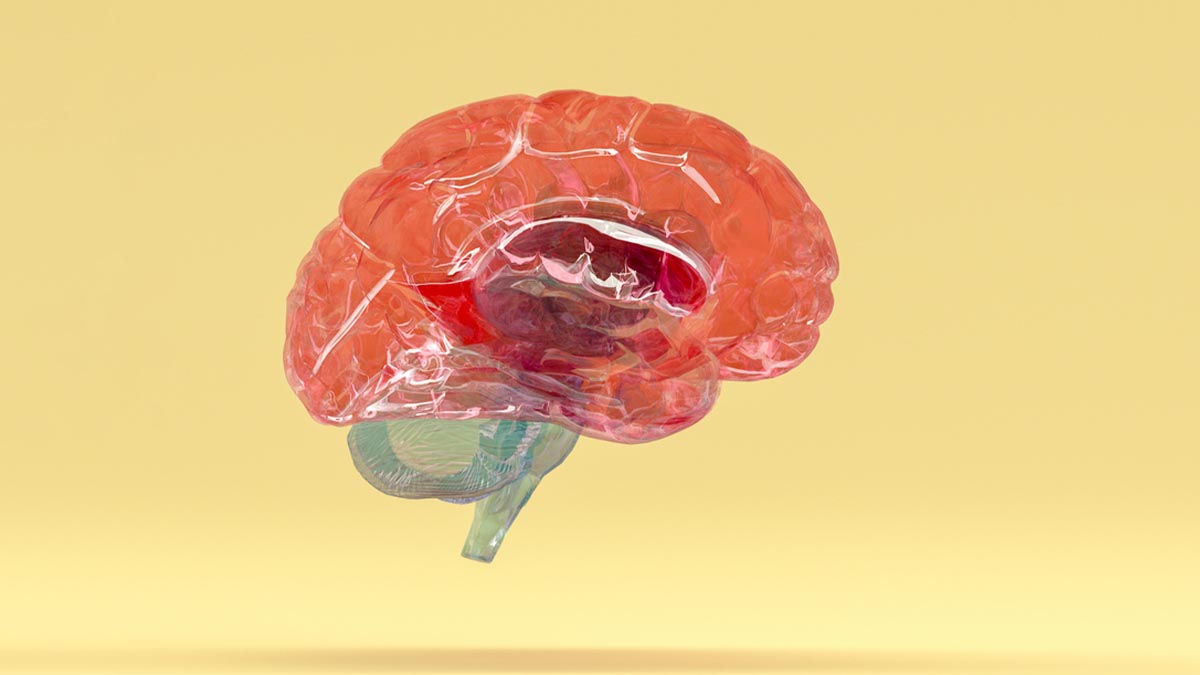Scientists from Trinity College Dublin have discovered a new link between impaired brain energy metabolism and delirium, a disorienting and distressing disorder particularly common in the elderly and one that is currently occurring in a large proportion of patients hospitalised with Covid-19.
While much of the research was conducted in mice, additional work suggests overlapping mechanisms are at play in humans because cerebrospinal fluid (CSF) collected from patients suffering from delirium also contained tell-tale markers of altered brain glucose metabolism.
Collectively, the research, which was recently published in the Journal of Neuroscience, suggests that therapies focusing on brain energy metabolism may offer new routes to mitigating delirium.
When the body experiences high levels of inflammation — such as during bacterial or viral infections — the way the brain functions changes, which in turn affects mood and motivation. In older patients, such acute inflammation can produce a profound disturbance of brain function, ie, delirium. Despite the disorder being relatively common, the mechanisms by which it arises are poorly understood.
In the new research, the scientists found that artificially inducing peripheral inflammation in mice triggered sudden-onset cognitive dysfunction, and that this is mediated by a disturbance to energy metabolism.
In these experiments, inflammation left the mice with lower levels of blood sugar (glucose), which the brain requires for maintaining normal function. When the animals were supplemented with glucose, their cognitive performance returned towards normal, despite the continued inflammation.
Prof Colm Cunningham, who leads the Trinity Biomedical Science Institute lab where the work was performed, said: “An important feature of these experiments was that mice with early stages of pre-existing neurodegenerative disease were far more susceptible to dysfunction when these metabolic changes occurred.
“Our collaborators in Oslo also detected evidence of altered brain glucose metabolism in cerebrospinal fluid taken from people experiencing delirium, which argues for overlapping mechanisms in humans and mice. In other words, the signs are that similar processes are at work in people.”
He added: “Simply providing glucose to patients is not likely to treat delirium in most cases, but collectively, our data emphasise that an appropriate supply of both oxygen and glucose to the brain becomes especially important in older patients and in those with existing dementia. Therefore, we believe that focusing on brain energy metabolism may offer routes to mitigating delirium.”







